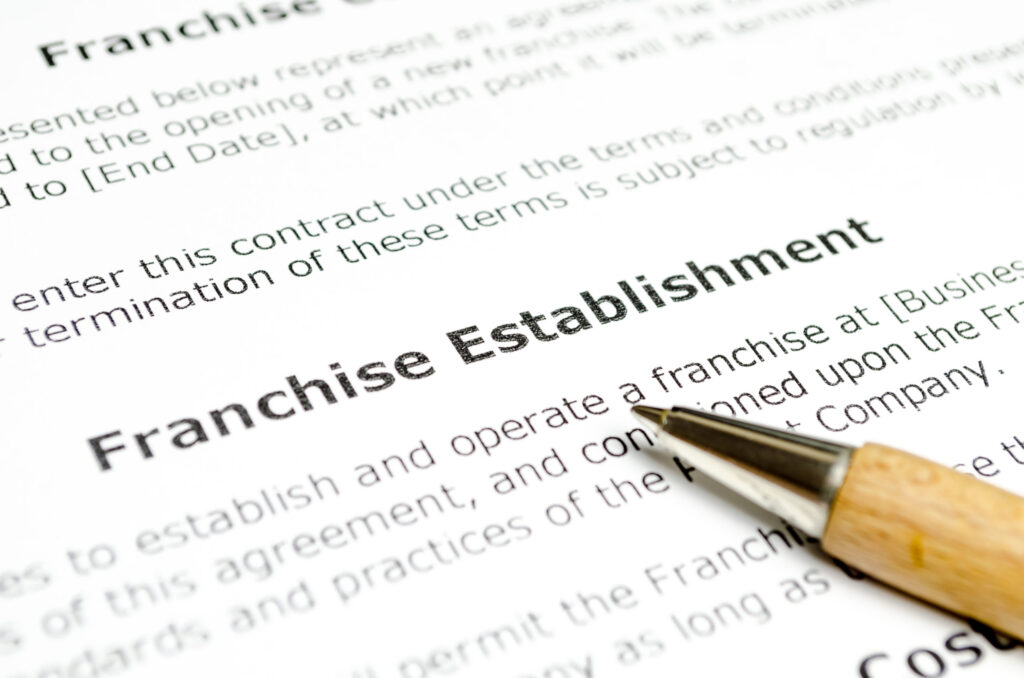What does it mean for an FDD to be written in “plain English”?

The Franchise Disclosure Document (FDD) is one of the first essential pieces to deciding how to proceed in your franchising journey. With many FDDs being over 200 pages, these documents can feel overwhelming, especially if you have never seen one.
The Federal Trade Commission saw a difference in experience between the potential franchisees reading the FDD and the franchisors (and their attorneys) writing the FDD and made a rule to attempt to equal the playing field. The FTC states that the disclosure elements of the FDD must be written in “plain English.”
Here’s what it means for a document to be written in plain English and the difficulty franchisees and franchisors still have with the rule.
Defining “plain English”
A term like “plain English” seems like it would be straightforward. However, when it is time to take complex information and put it into a document for someone outside the industry, the task can get complicated.
Federal regulations give the following six principles to guide FDD authors:
- Short sentences
- Definite, concrete everyday language
- Active voice
- Presentation of information in tables where possible
- No legal jargon or highly technical business terms
- Use of positive language and not many negatives
For franchisors, it can be difficult to explain the required information without using the terms exclusive to franchising and therefore make the document easy for someone outside of franchising to understand.
Challenges remain
The intention behind a plain English document is to empower the reader and give them the ability to understand the FDD without having to hire an expert to provide them with advice. The concept is good, but the execution can be troublesome.
Unfortunately, plain English documents can be misleading. Oversimplified information can give you a false sense of confidence, leaving you without an experienced advocate.
Even when a document is written in plain English, an FDD contains a lot of information. It can be difficult to spot potential problems when you are new to the industry. Additionally, and quite importantly, the Franchise Agreement, which is the contract you will sign with the Franchisor, does not have to be written in plain English and contains important legal rights and obligations that you should have evaluated by experienced franchise counsel. When you want to start looking at a franchise, it is essential to have a knowledgeable professional who can help you get started.
